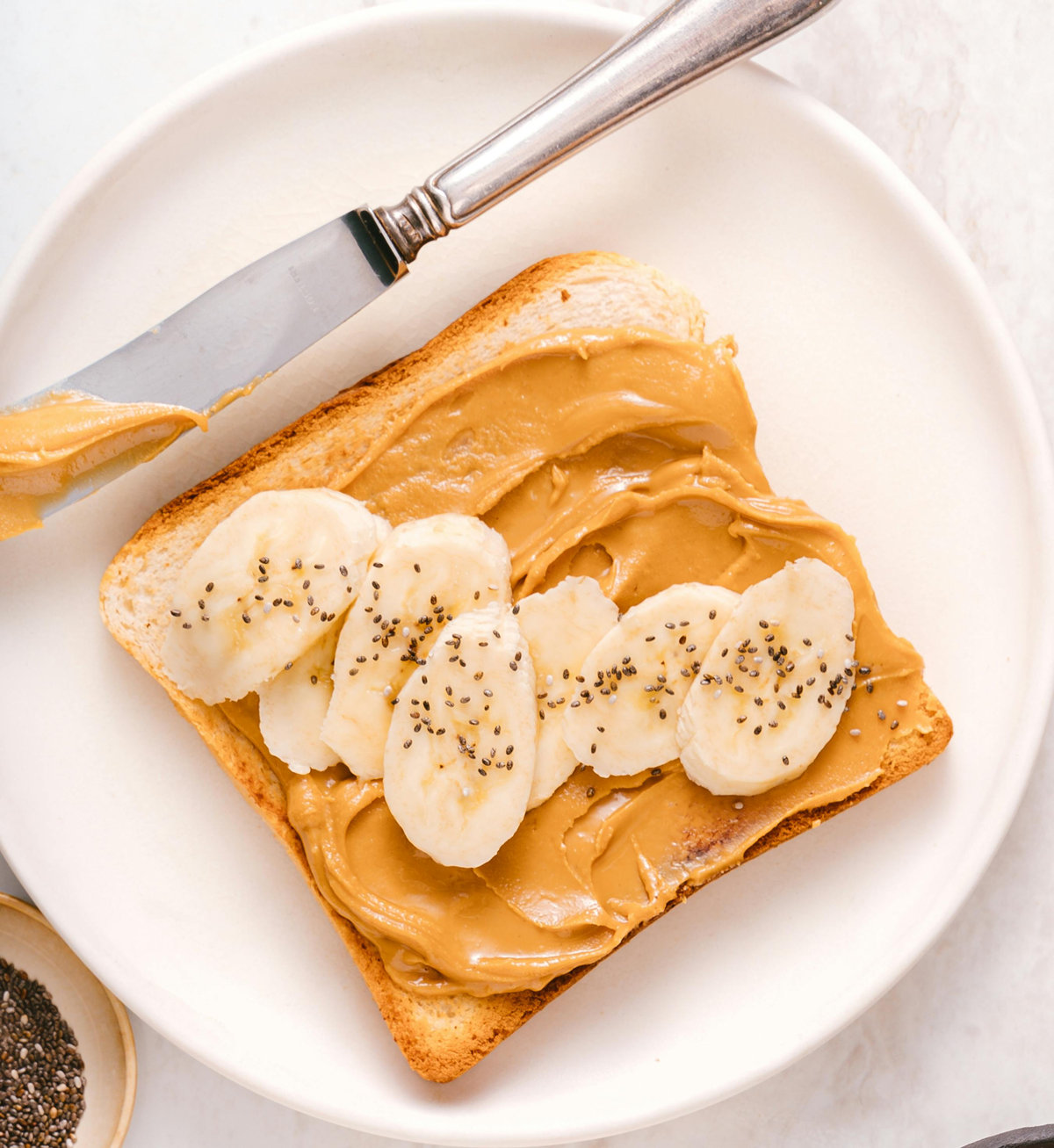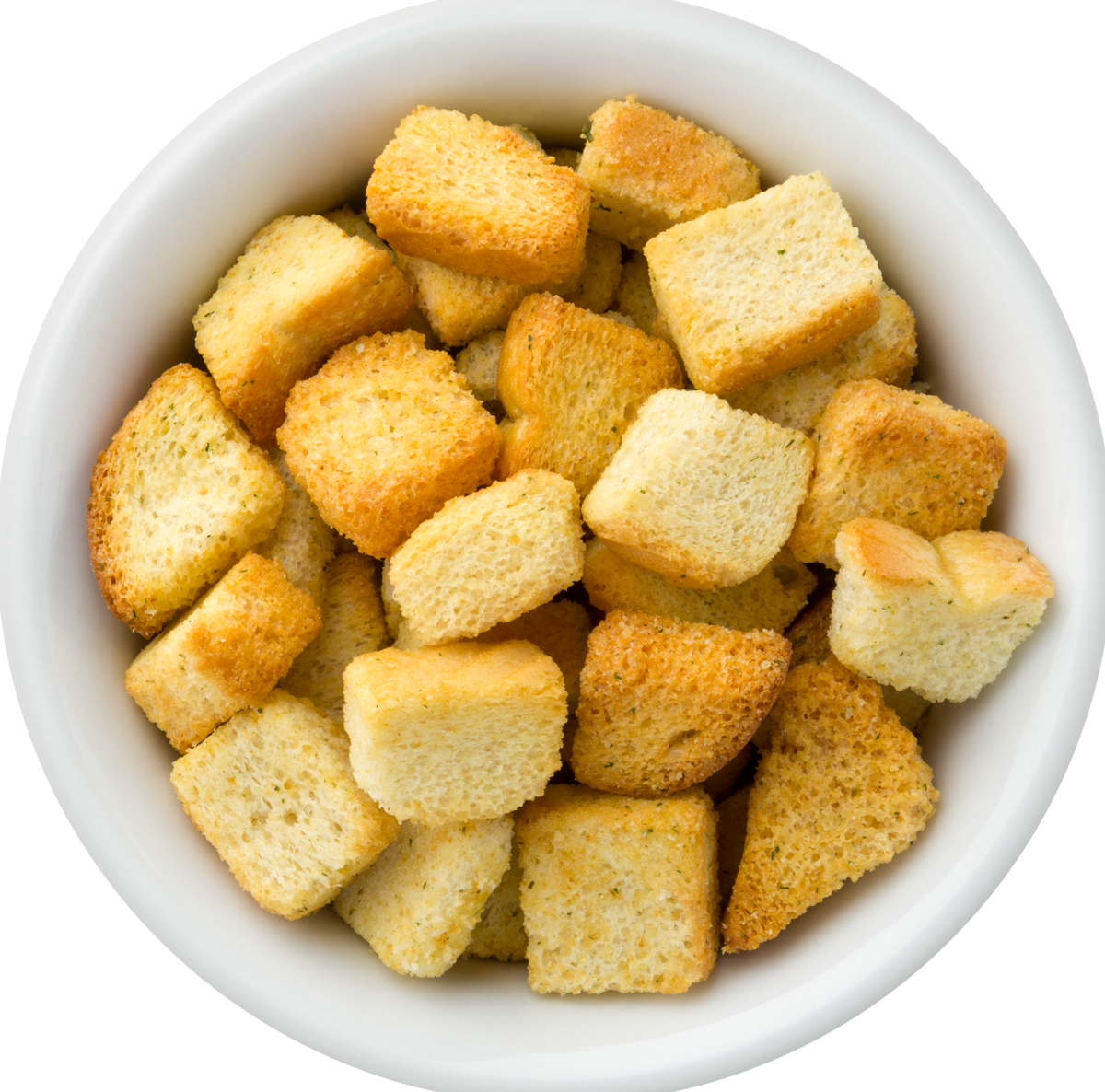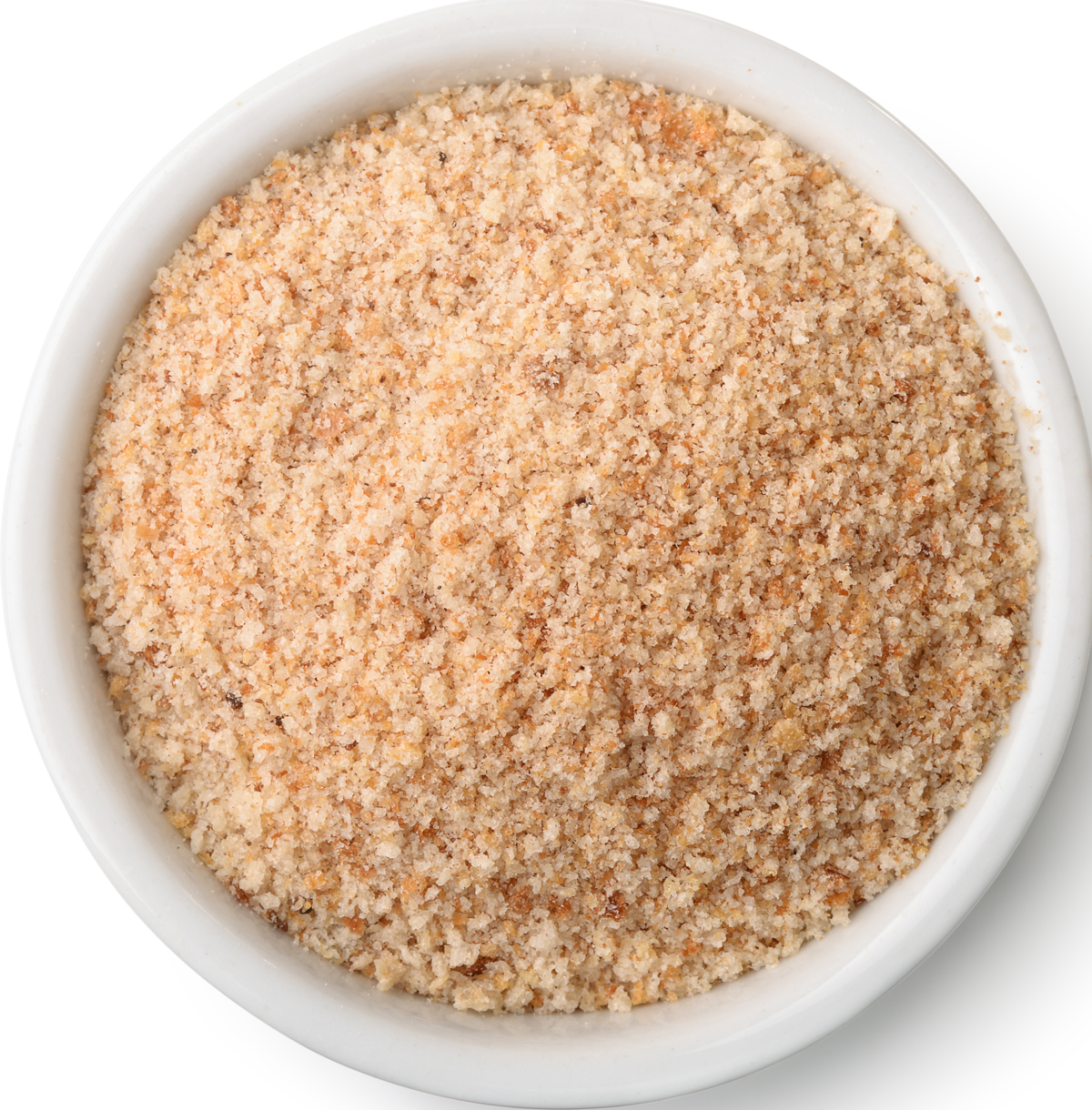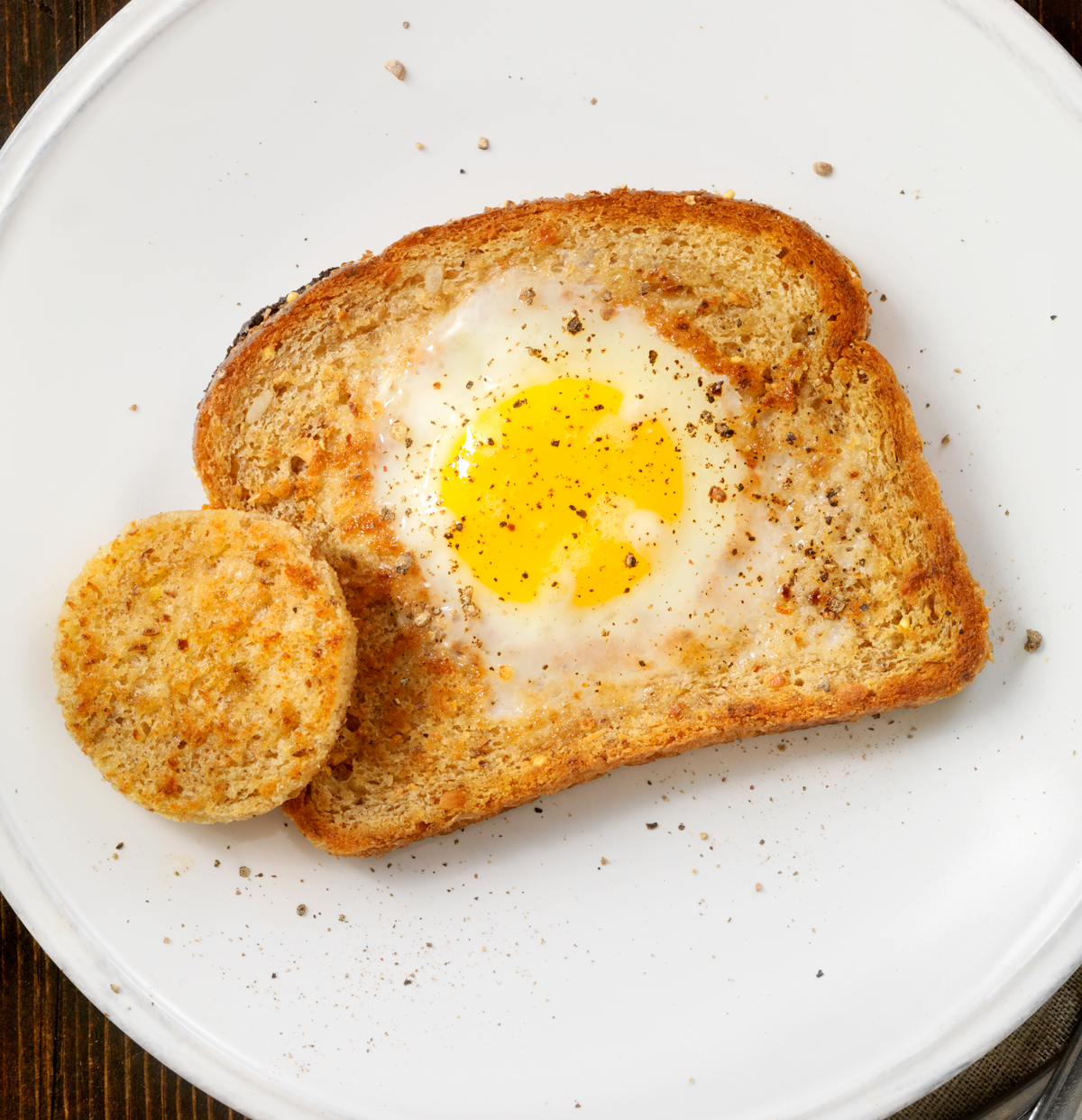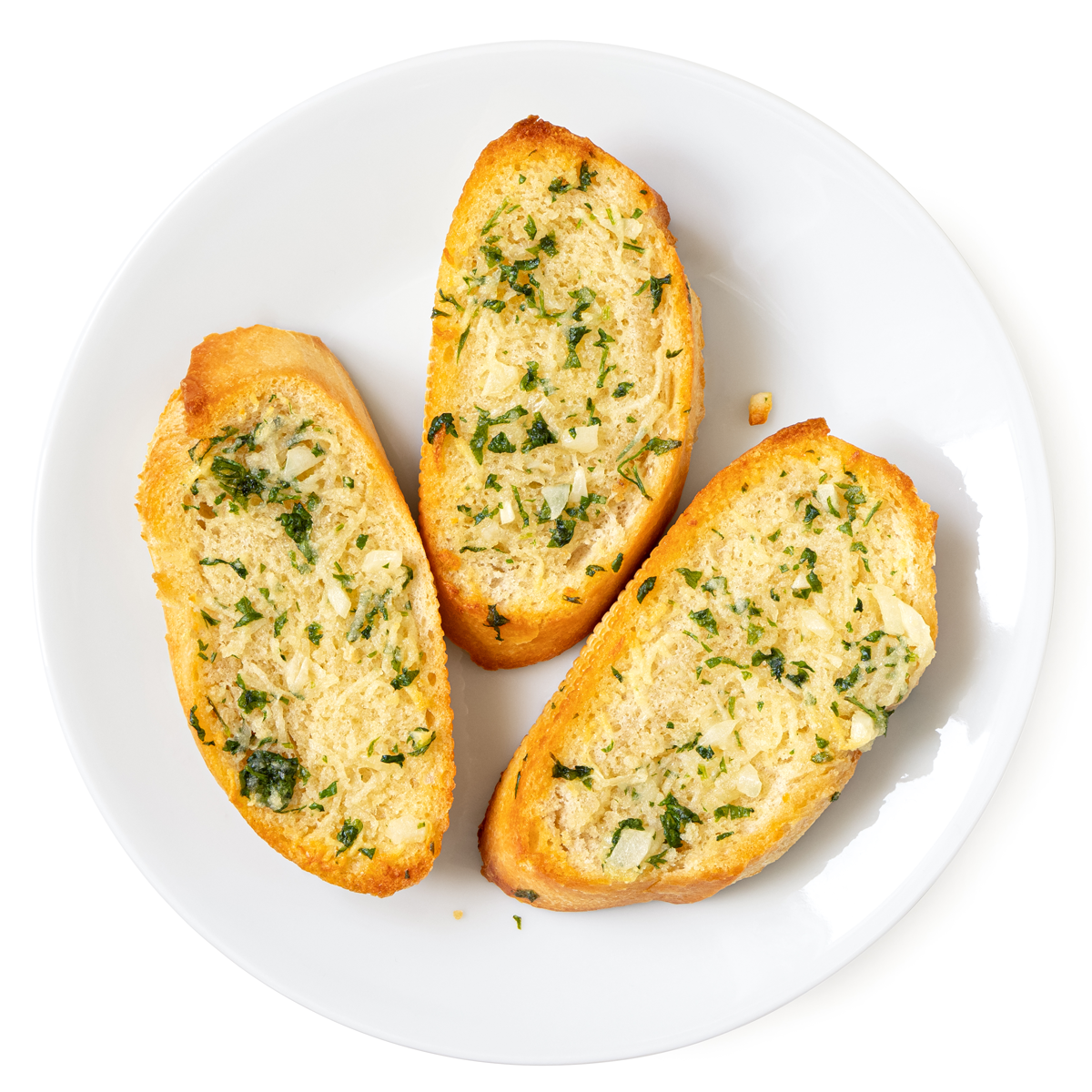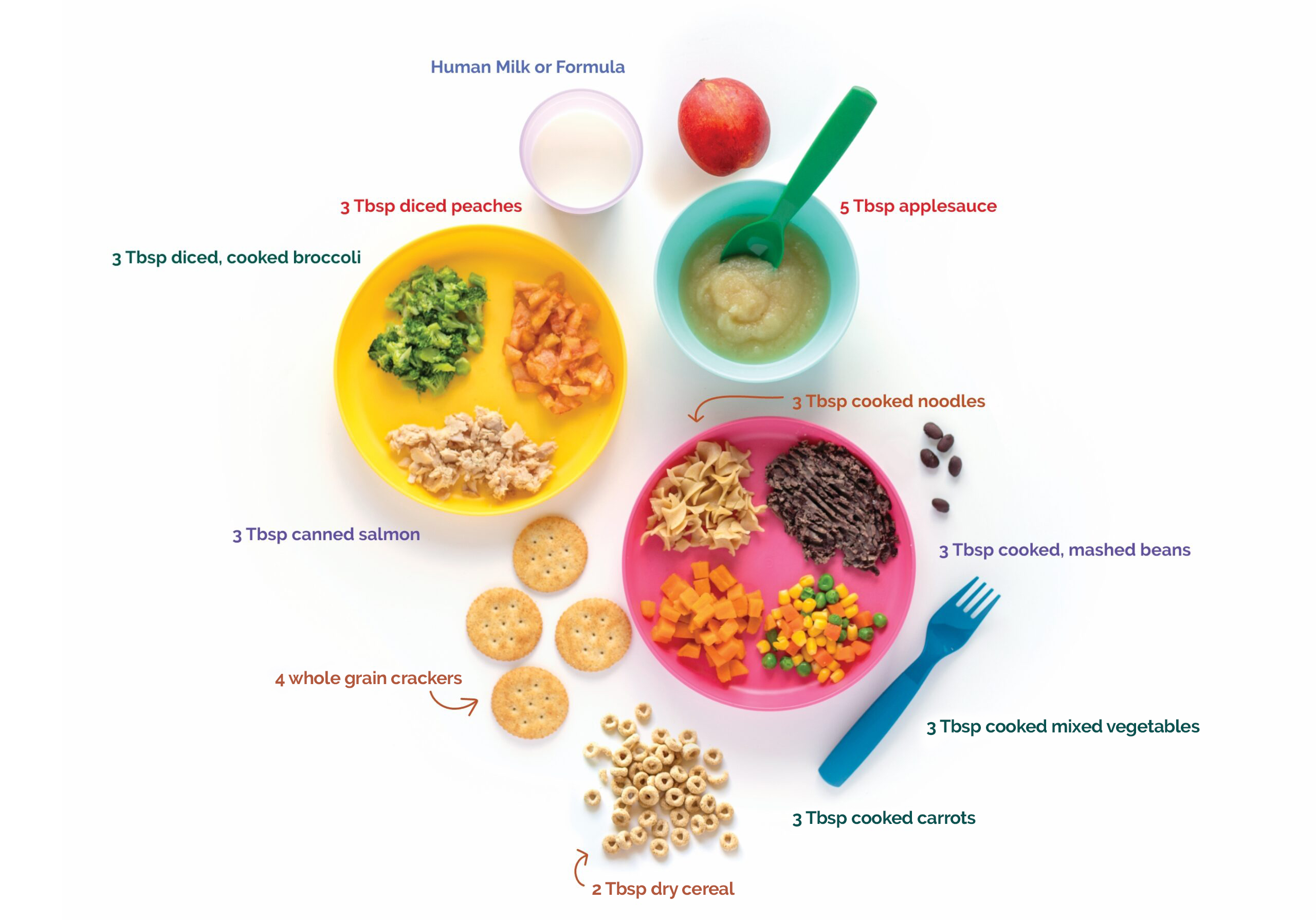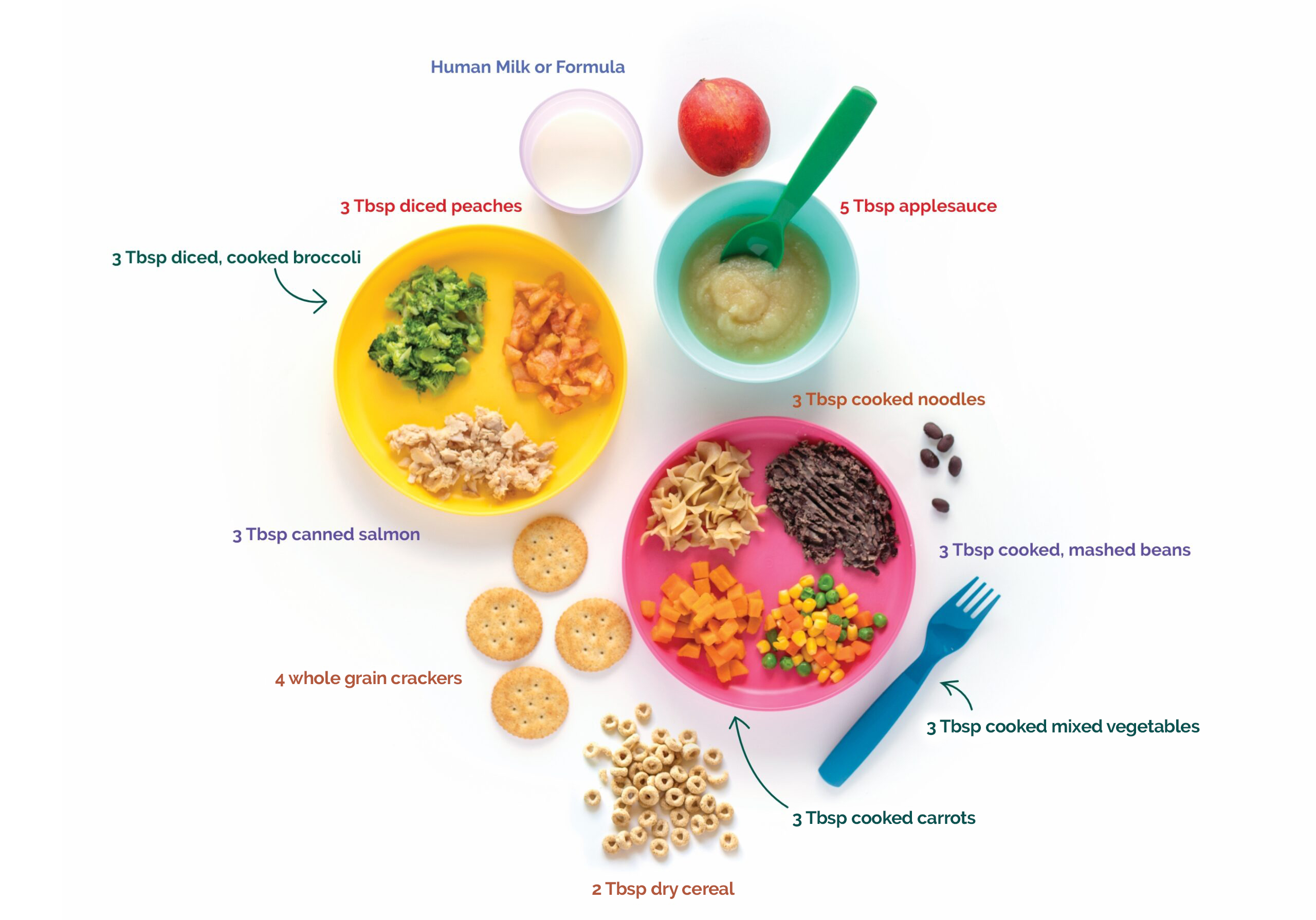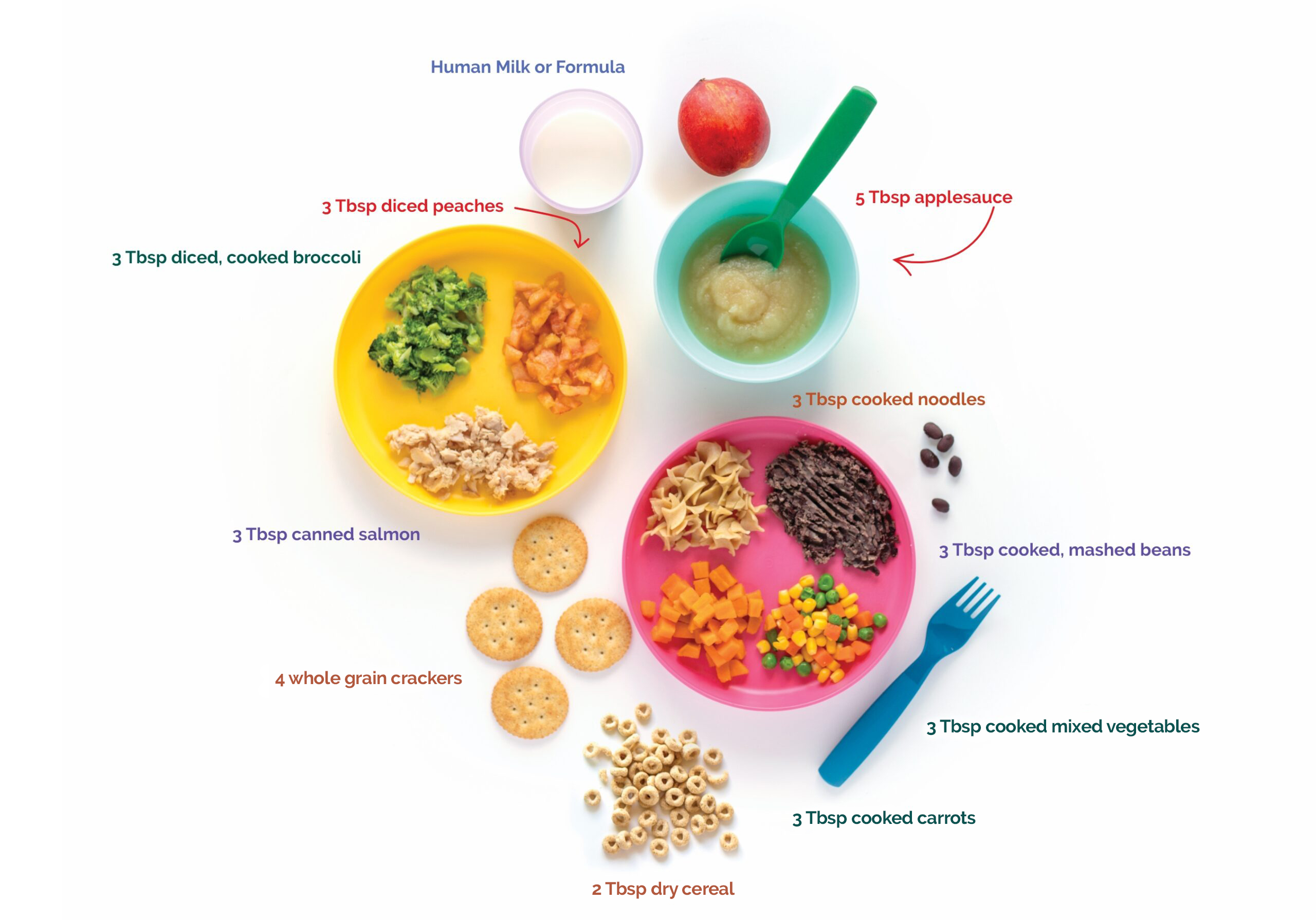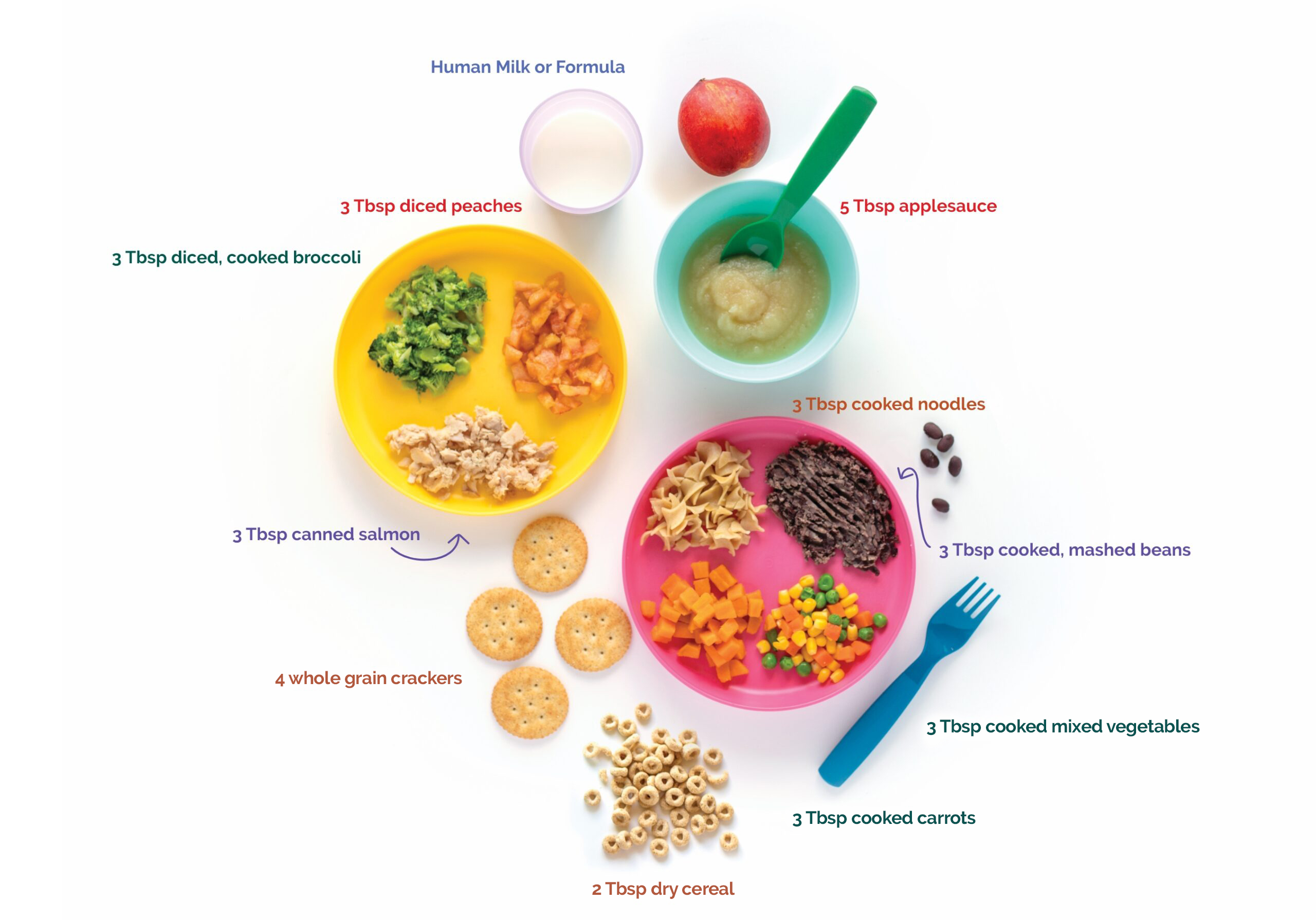Why Whole Grains?
Whole grains are packed with health benefits!
Eating them can help:
- Keep your gums healthy. Eating more whole grains may lower your risk of gum disease, which is more common during pregnancy. Severe gum disease can lead to early birth and low birth weight.
- Help with weight control. Whole grains fill you up more than white bread and other refined grains.
- Lower your risk of diabetes. Not eating enough whole grains is linked to over 25% of Type 2 diabetes cases worldwide.
- Protect your heart. Whole grains can lower your chances of heart disease and stroke.
- Reduce cancer risk. Eating more whole grains is linked to a 22% lower risk of digestive cancers, including colon cancer.



